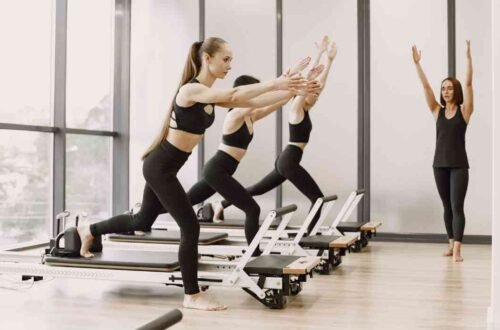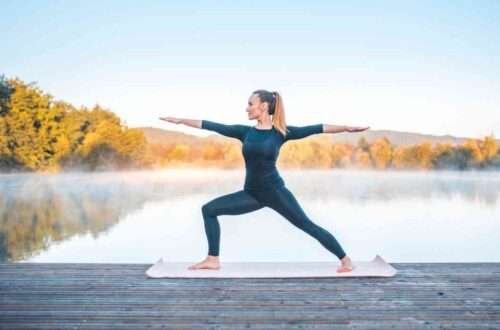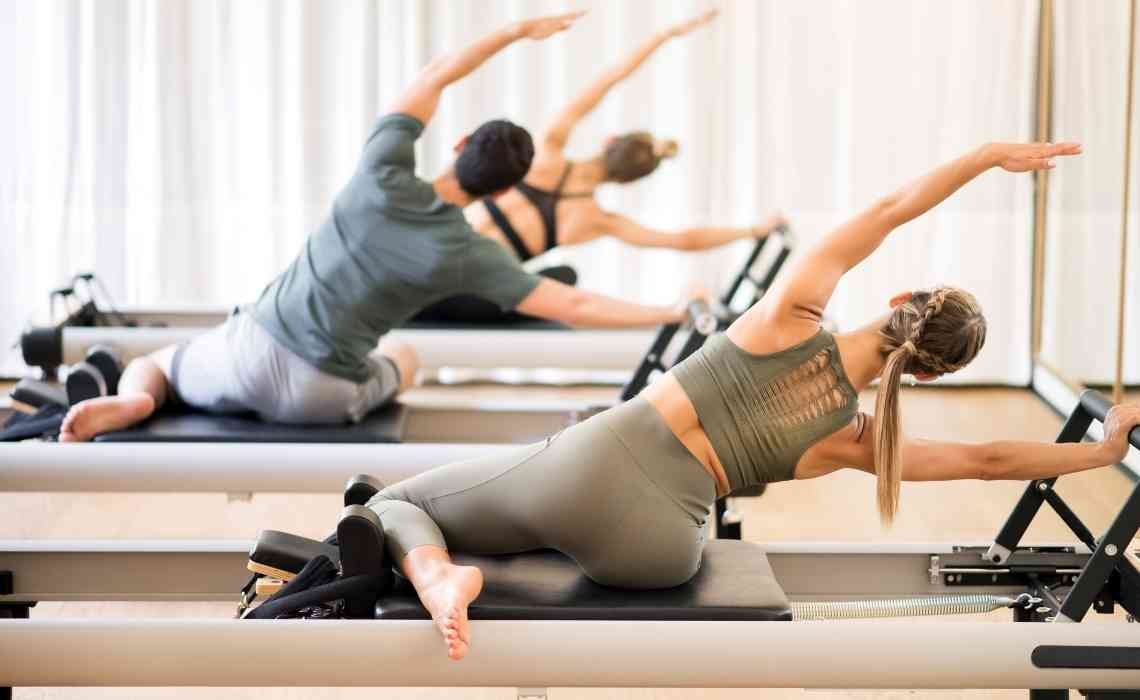
How Many Times a Week Should You Do Pilates Exercises?
Pilates is a gentle but powerful way to exercise your body. Many people wonder, “How many times a week should you do Pilates exercises?” The answer is not the same for everyone. It depends on your goals, your fitness level, and how your body feels. In this blog post, we will explore how often you should practice Pilates, what happens when you do it regularly, and how to get the best results.
What is Pilates?
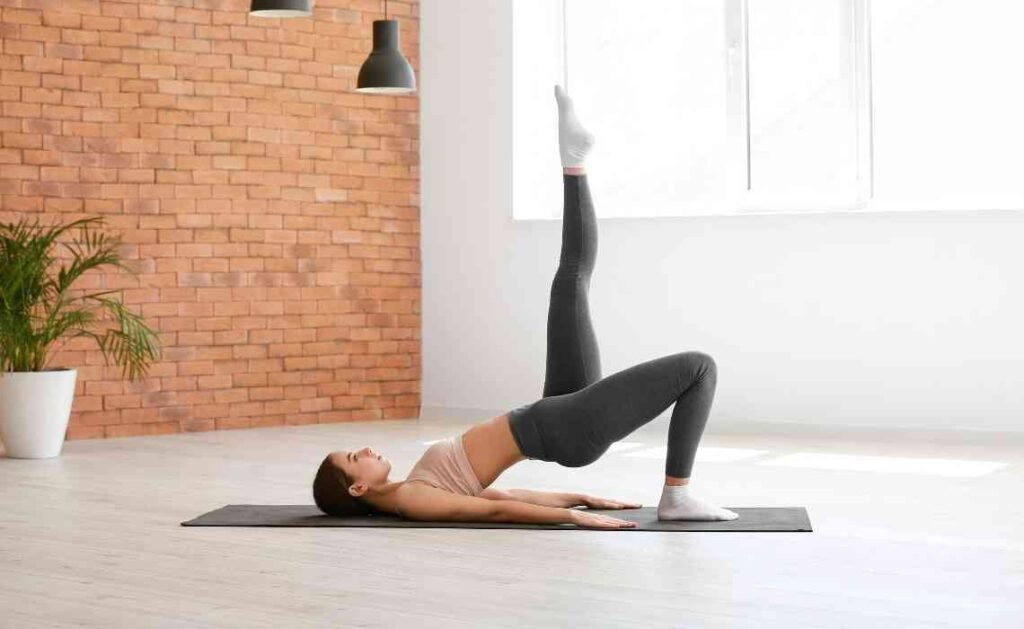
Pilates is a type of exercise that focuses on making your body stronger, especially your core muscles. Your core muscles are the ones in your belly, lower back, hips, and bottom. Joseph Pilates, the man who created Pilates, believed that a strong core helps the whole body work better. Pilates exercises often involve slow, careful movements that you control with your breathing.
Some exercises are done on a mat, just like yoga, while others use special machines like the Reformer, which uses springs for resistance. Whether you do it on a mat or a machine, Pilates makes you stronger, more flexible, and better balanced.
How Many Times a Week Should You Do Pilates Exercises If You Are a Beginner?
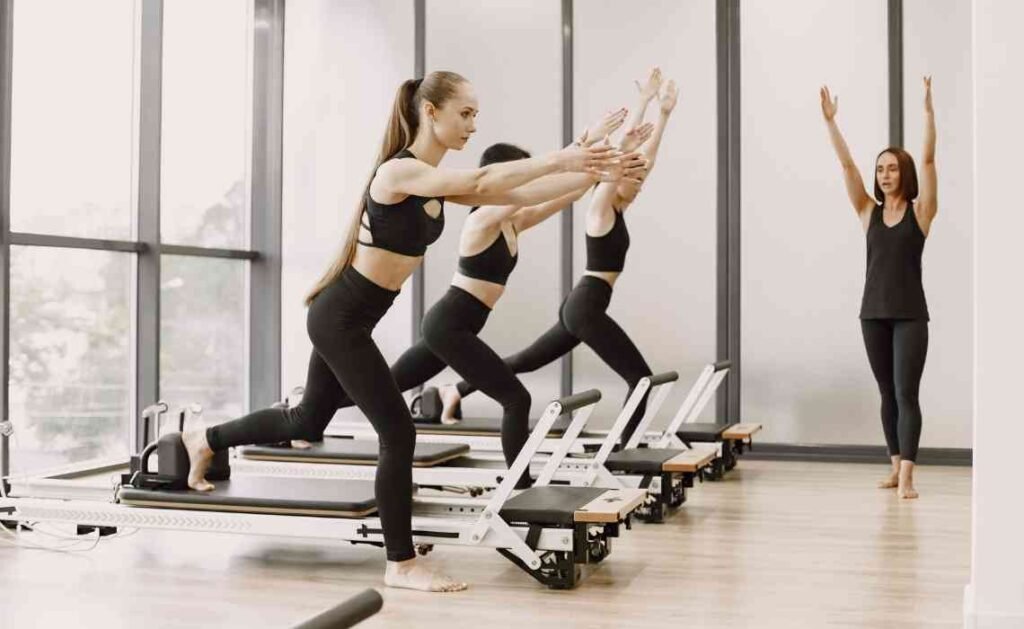
If you are new to Pilates, it is a good idea to start slowly. Try doing Pilates exercises two to three times a week. This gives your body time to learn the moves and adjust.
At first, your muscles might feel a little sore because they are getting used to new movements. That is completely normal. By practicing two to three times each week, you give your body time to heal between sessions. This also helps you stay motivated without feeling overwhelmed.
When you are just starting out, focusing on learning the correct form is very important. Doing Pilates the right way helps prevent injuries and builds a strong foundation for harder exercises later. Listening to your body and resting when needed is the smartest thing you can do as a beginner.
How Many Times a Week Should You Do Pilates Exercises If You Want to See Results?
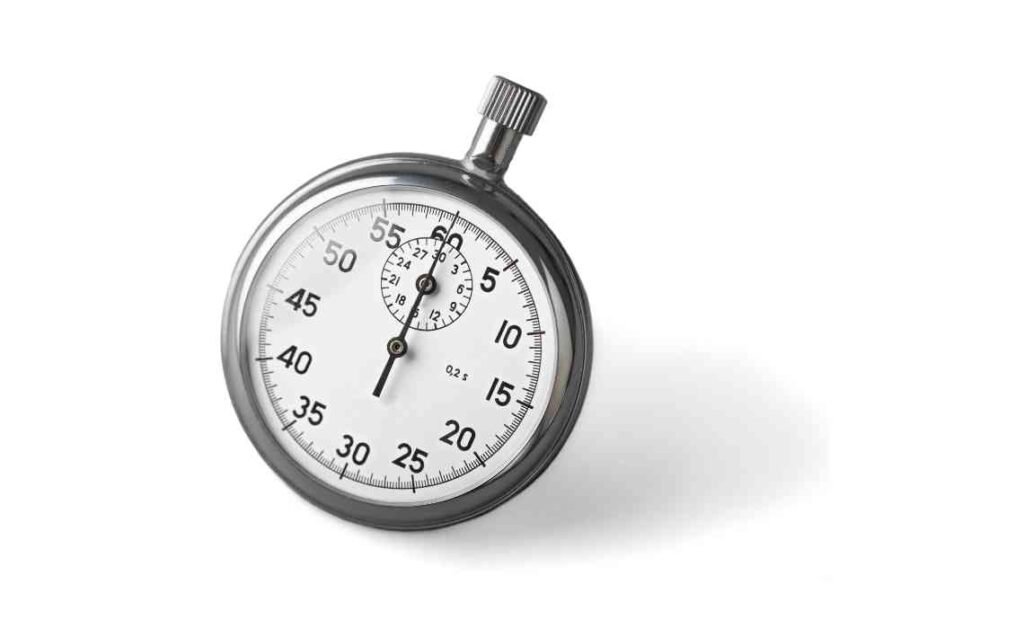
If you want to see real changes in your body, like a stronger core, better posture, and toned muscles, doing Pilates three to four times a week is a great goal. Practicing regularly helps your muscles get stronger and teaches your body to move better in everyday life.
Pilates is not like running or lifting heavy weights where you need a long recovery time. Since Pilates is gentle but effective, you can do it often without hurting yourself, as long as you listen to your body.
When you do Pilates three to four times a week, you will start to notice improvements in how you feel and move. Your back might hurt less, your balance might get better, and you might even find it easier to sit up straight without getting tired.
How Many Times a Week Should You Do Pilates Exercises If You Want Faster Progress?
If you are very serious and want faster results, you can do Pilates five to six times a week. But remember, even though Pilates is low-impact, your body still needs some rest. At least one rest day a week is important to let your muscles recover and grow stronger.
When practicing this often, it is a good idea to mix easy sessions with harder ones. Not every session has to be tough. Some days you might focus more on stretching and breathing, while other days you work on strength and balance. This keeps your body happy and avoids burnout.
Also, working with a trained Pilates instructor can help you plan your weekly schedule safely. They can show you how to challenge yourself without overdoing it.
How Many Times a Week Should You Do Pilates Exercises If You Are Very Busy?
If you are busy with school, work, or family, doing Pilates just once or twice a week is still very helpful. Even small steps are better than no steps. A little Pilates can make a big difference in your strength and flexibility over time.
You can even break your session into shorter pieces. Instead of doing one full hour, you can do two 30-minute sessions. Or you can fit in quick 15-minute routines during your day. The most important thing is being consistent, even if the sessions are short.
Short Pilates sessions can act like “mini tune-ups” for your body, helping you stay energized and focused during your busy day.
How Long Should Each Pilates Session Be?
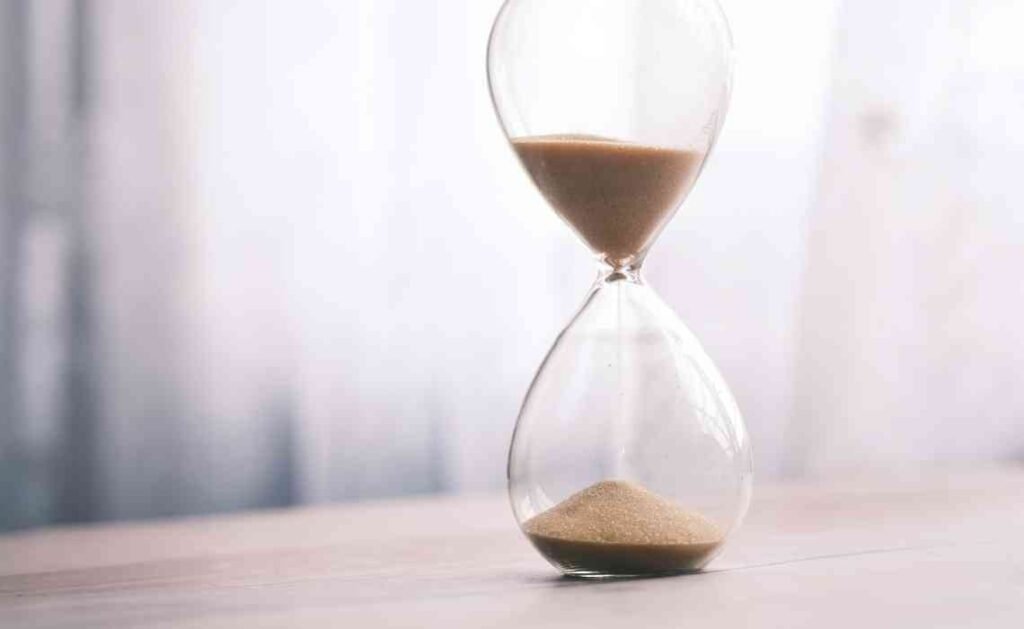
Most Pilates classes or videos are about 45 minutes to 1 hour long. This gives enough time to warm up, practice exercises, and cool down.
If you are doing Pilates at home, you can even find short sessions that last 20 to 30 minutes. These are great when you are short on time but still want to get some movement in.
No matter how long your session is, quality is more important than quantity. Moving slowly, focusing on your breath, and doing the exercises correctly will always give you better results than rushing through a long workout.
What Are the Benefits of Doing Pilates Regularly?
Doing Pilates exercises a few times a week brings many amazing benefits:
1. Stronger Core Muscles
Your core muscles help you stand tall, sit straight, and move easily. Pilates targets these muscles with almost every exercise. A strong core protects your spine and helps you move better in sports and daily activities.
2. Better Posture
When you sit at a desk or look at your phone all day, your posture can get bad. Pilates teaches you to align your body the right way. This makes you look taller and more confident and helps prevent back and neck pain.
3. More Flexibility
Flexibility means how easily your muscles and joints can move. Pilates stretches your body gently with each move, making you more flexible over time. Being flexible helps you avoid injuries and makes everyday tasks, like bending and reaching, much easier.
4. Stronger and Leaner Muscles
Pilates does not make you bulky like lifting heavy weights. Instead, it gives you long, lean muscles. This makes your body look toned and fit without getting too big.
5. Better Balance and Coordination
Pilates challenges you to balance while you move, which trains your brain and muscles to work together. Good balance helps you in sports, dancing, and even walking on uneven ground.
6. Less Stress and Better Breathing
Pilates teaches you to breathe deeply and calmly during exercises. Deep breathing relaxes your body and mind. Many people say they feel happier and less stressed after a Pilates session.
Tips to Get the Best Results from Pilates

1. Be Consistent
Just like brushing your teeth keeps them healthy, doing Pilates regularly keeps your body strong and flexible. Try to make it a part of your weekly routine, even if it is just a few minutes a day.
2. Focus on Form
Doing the exercises the right way is much more important than doing lots of them. Always pay attention to your posture, your breathing, and how you move. This will protect you from injuries and help you get better results.
3. Mix It Up
Doing the same routine every day can get boring. Try different classes, videos, or styles of Pilates. Mixing things up keeps your body challenged and makes exercising more fun.
4. Listen to Your Body
Some days you might feel full of energy, and other days you might feel tired. That is normal. Pay attention to how you feel and adjust your workouts as needed. Rest when you need it.
5. Work with a Professional
Taking classes with a trained Pilates teacher can make a big difference. They can correct your form, give you new ideas, and make sure you are moving safely. Even one or two sessions with a teacher can help you learn a lot.
So, how many times a week should you do Pilates exercises? The answer depends on your goals and your schedule. If you are a beginner, two to three times a week is perfect. If you want faster results, aim for three to four times a week or even up to five. If you are super busy, even once or twice a week can make a difference.
Remember, Pilates is about making your body stronger, healthier, and more balanced. It is not a race. Going at your own pace, focusing on good form, and being consistent will always lead to success. Whether you are new to Pilates or have been practicing for a while, there is a perfect plan that can fit your life.



